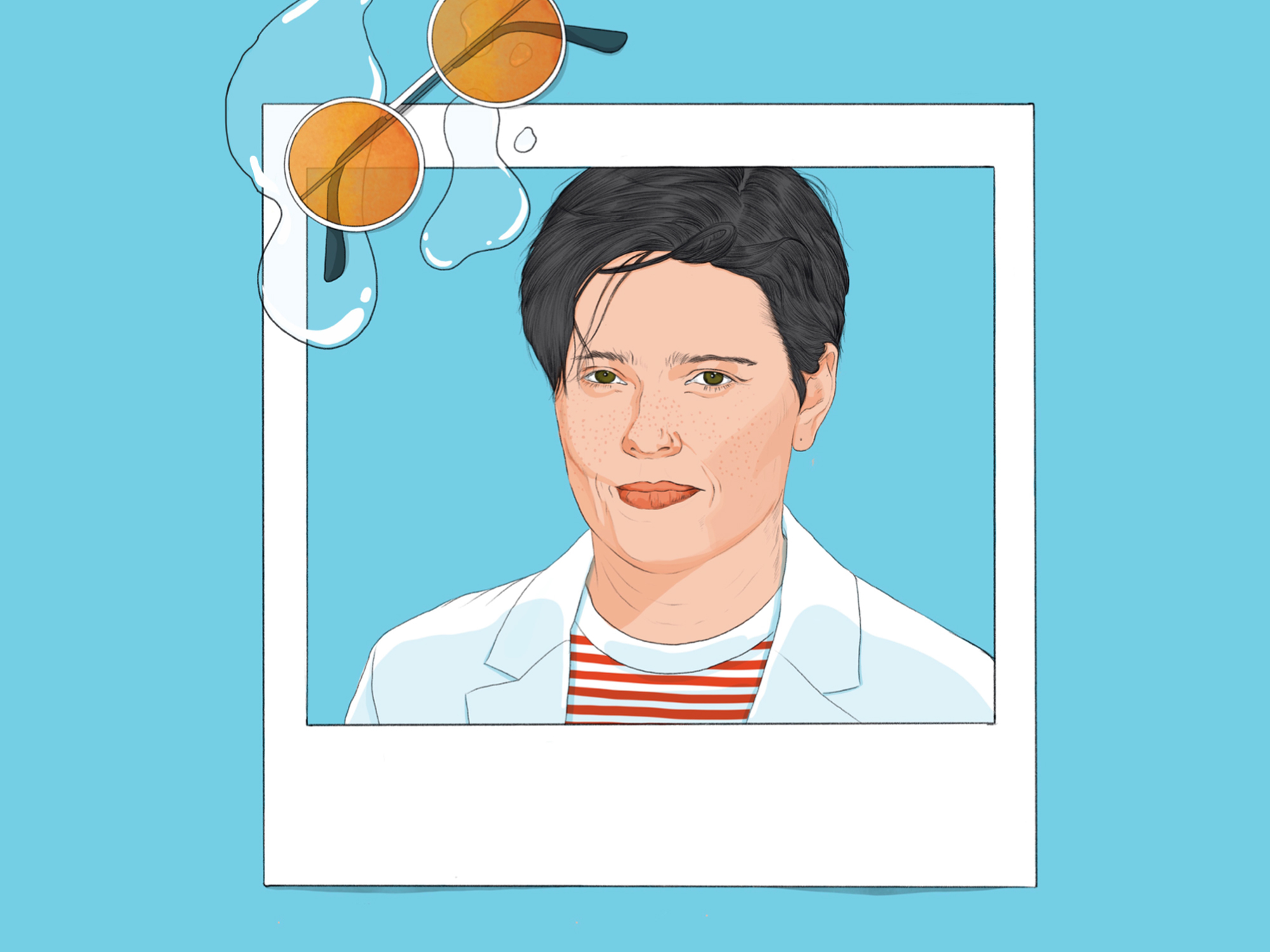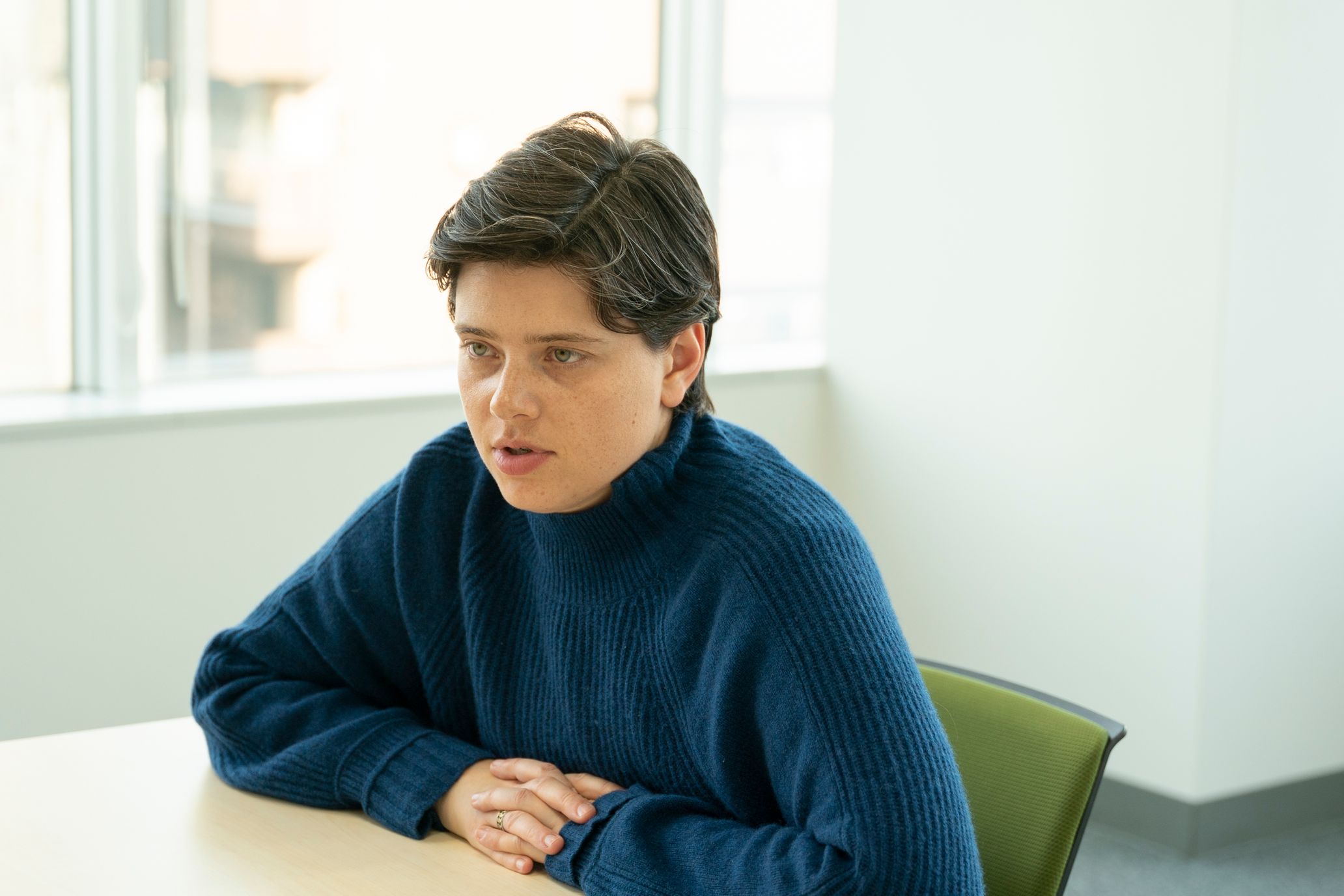Table Of Content

This is one of the most profound films of 2022; you can’t help but feel something as you watch it. The Aftersun ending leaves you with one final somber image, so let’s discuss it. It wasn’t Sundance per se that made the difference, but I can’t not acknowledge the impact that it had. While it may not have opened doors, it presented a lot of them. That was also very much part of the network that NYU provided. It doesn’t matter if you get a scene if it isn’t good, so it forced me to calm down and be present with her.
Watch film
But every step is a powerful chance to dance with the impossible. Young Charlotte flashed a sweet smile towards her brother Louis as he made his Easter service debut alongside his mother, the Princess of Wales, in April 2023. Princess Charlotte could be seen holding hands with her father, Prince William, and was photographed casting a furtive glance at Louis - no doubt watching out for any cheeky moments in the spotlight. “While I was writing the story, I became aware of conventions I was working with or against,” says Wells. “The single-father/daughter relationship wasn’t a relationship I’d seen. That was part of what inspired me to make it, as I felt I was exploring new territory.

Life
The 35mm footage is spread throughout the film, showing the audience more intimate parts of the father-daughter dynamic from Sophie's perspective. The film shows a vulnerable side of this dynamic, with Calum's battle with depression as a dark side, as well as the struggle of living apart from your father. Adult Sophie is, as she was when she was young, slowly figuring out who her father was as a person, rather than a father. Charlotte WellsCharlotte Wells was born in 1987 in Scotland and is a filmmaker based in New York. Wells graduated with a Bachelor of Arts in Classics from King’s College London and then a Master of Arts from Oxford University. After, she worked in finance and ran an agency for people working in film with a friend in London.
‘Aftersun’ movie review: Charlotte Wells’ stunning debut is a quiet rumination of the lost daughter - The Hindu
‘Aftersun’ movie review: Charlotte Wells’ stunning debut is a quiet rumination of the lost daughter.
Posted: Sat, 07 Jan 2023 08:00:00 GMT [source]
Expand lifestyle menu
Certainly nothing so obvious is to be found in Wells’s beautifully understated feature debut Aftersun, which premiered in Cannes to ecstatic reviews and was recently nominated for 16 British Independent Film Awards. When we meet during the London Film Festival, she is still processing the Cannes experience, where she came away with a jury prize in the Critics’ Week section. Gregory Oke’s cinematography captures the colour of memory, with bright exteriors and glowing surfaces carefully graded by Kath Raisch to evoke vivid snapshots of fleeting moments. Well, what’s so tricky now that you ask that is her descriptions could be an indicator of a lifelong thing, or she could just be a kid who had a great day and now the adrenaline’s gone and she’s crashing. I had to constantly calibrate everything so that it didn’t push the narrative one way or the other.
The film follows a young father, Calum (played by Normal People’s Paul Mescal), and his 11-year-old daughter, Sophie (the newcomer Frankie Corio), who are spending a week-long vacation on the coast of Turkey. Sophie treasures her time with Calum, who doesn’t live in Scotland with the rest of her family and who, at 31, with boyish features, is often mistaken for her older brother. This vacation is framed through the perspective of present-day Sophie (Celia Rowlson-Hall), who appears occasionally throughout the movie. Now an adult, she’s sifting through her memories, hoping to better understand the man she was so dazzled by a lifetime ago. Some of those memories are reliable, documented on camcorder footage from their trip. What’s clear is that Sophie can’t shake their week in Turkey.
In 'Aftersun,' Charlotte Wells makes a shattering debut - Malta Independent Online
In 'Aftersun,' Charlotte Wells makes a shattering debut.
Posted: Sat, 27 May 2023 07:00:00 GMT [source]
「時音」Vol.5 Kiyoshi Kurosawa’s Realistic Lens on Times of Crisis
One of the most gut-punching moments is when Calum casually mentions that he doesn’t think he’ll make it to 40 and is surprised he made it to 30. Calum is never diagnosed in Aftersun but he shows many signs of someone suffering from a form of depression. He tries to hide it from Sophie, but in moments of solitude, you see the pain, self-loathing, fear, and despair that surrounds him. WSN sat down with Wells to talk about her process writing “Aftersun,” her artistic influences, and what advice she has to give to fellow filmmakers from NYU. “Aftersun” has made its own waves playing on the festival circuit around the globe, including the New York Film Festival and the Toronto International Film Festival. Wells, who started out making movies as “an exercise for myself” has been surprised by how much “Aftersun” has resonated with others.
She celebrates a birthday, and from the opening scenes, we know that Sophie and Calum have birthdays close to each other. Therefore, her aging could also make her think even more about her father, because his birthday is also coming up. Growing older seems to be a major starting point for the trip (a sort-of birthday celebration for Sophie and Calum), and aging may be why adult Sophie starts her journey of remembering her father.
A look at all the moments Princess Charlotte has been the best big sister to Prince Louis
And yet sometimes I still forget to point the camera at things that you might wish you had later on. I don’t think that feeling necessarily would ever change, of always reaching for something you don’t quite have. Yet for all the universality out of specificity, there are very fundamental themes that a lot of people can connect with, and a core parental relationship that I don’t think is unique. Even if the one portrayed on screen [between a young father, Calum, and his daughter, Sophie] is one less often portrayed on screen. The film is certainly open, and I have seen people bring many different kinds of experiences to it, but that was certainly an unintended expression – yet it was so immediately legible to this young man. It meant so much that it connected that personally and so specifically.
This seems, in my opinion, to act as a way to show the fading nature of Sophie’s memory of her father. When I originally saw Aftersun in October, I was convinced that the film clearly reveals that Calum died after the vacation. Rewatching the film, it became apparent that my memory of the ending has become slightly distorted.
Frankie Curio is extraordinary as young Sophie and Paul Mescal brilliantly depict the complexity of Calum’s character. It is exciting to think of Charlotte Wells’ future endeavors after this promising debut. Which isn’t to say you don’t consider the audience, but consciously trying to cater to other people while using it as a medium of self-expression seems a dangerous path to walk.

She realized what her father must have gone through during that time, and she wished that she could have been there with him and helped him. The dark, rave room represents the darkness that overwhelmed her father. In the end, we watch him walk into that room after leaving Sophie at the airport, indicative of how it eventually consumed him. Even in the darkness, Sophie hoped and imagined that her father was happily dancing to a rhythm. She held onto the memories of her father through the videos they had taken during the trip and the carpet Calum bought in Turkey. After growing up, most of us realize how our parents were figuring out their lives when we were little.
I have just tentatively asked how much of her gently shattering film about father-daughter love, loss and grief is autobiographical. In writing “Aftersun,” she played back old Mini-DV tapes that her father shot of her, sometimes drawing dialogue from the footage. Wells has sometimes spoken obliquely about the personal roots of “Aftersun,” describing it as “emotionally autobiographical.” But many details of the film have profound connections with her life. Appropriately for a work that is clearly profoundly personal, Wells says the roots of Aftersun lay in flipping through holiday albums of herself as a child and being struck by how young her father looked. Later, she came across a photo in which she was sitting by a pool in Spain, with “a very beautiful woman right behind me… and it made me wonder who the real subject of the picture was”. That sense of mystery runs throughout this mesmerising feature, which, despite being set largely in the past, nonetheless feels peculiarly present.
So unfolds Tuesday, the first short film by the 35-year-old Scottish filmmaker Charlotte Wells, and one that bears many of the hallmarks found in her shattering feature debut, Aftersun. It, too, radiates with the glow of memory while coursing with an undertow of grief. This scene is juxtaposed with images of adult Sophie (Celia Rowlson-Hall) seeing her dad dancing at a rave. Then she holds him as the film flashes between child Sophie dancing and holding her father close and adult Sophie holding him so he cannot leave.
Our music supervisor had originally asked me to come up with alternatives for “Losing My Religion,” which was a problem because I felt that nothing else would be remotely appropriate. The lyrics in that scene are going to be read into, it’s completely unavoidable. I had chosen that song instinctively; it was probably the first song I ever knew all the words to at age 5 or 6. That’s a completely absurd image now, but it’s the product of having had young parents, I’m sure. But it was a song I have strong emotions about, that I connect to my dad and I’m really grateful we got it. I also have to give credit to Frankie because we only had one and a half takes to get it.
There's no denying Princess Charlotte has a close bond with both of her brothers, Prince George and Prince Louis. Over the years, the royal children have shared many tender moments together at major events - from King Charles' coronation to the late Queen Elizabeth II's Platinum Jubilee Celebrations. Saephan, previously a machinist for an aerospace company, told reporters from AP and The Oregonian that he was born in Laos and moved to Thailand in 1987, before immigrating to the U.S. in 1994.
Wells prioritizes mood, treating every beat’s pacing as “a delicate thing,” and her screenplay is packed with subtle camera movements rather than expository conversations. Scenes of Calum alone, for instance, come with unexpected angles—the camera peers up at him on a balcony railing or zooms in uncomfortably close as he breathes with a wet towel on his face—and many of them are cut short. Their strange brevity underscores the adult Sophie’s discomfort. She’d rather not think too deeply about Calum’s behavior when she wasn’t around.

No comments:
Post a Comment